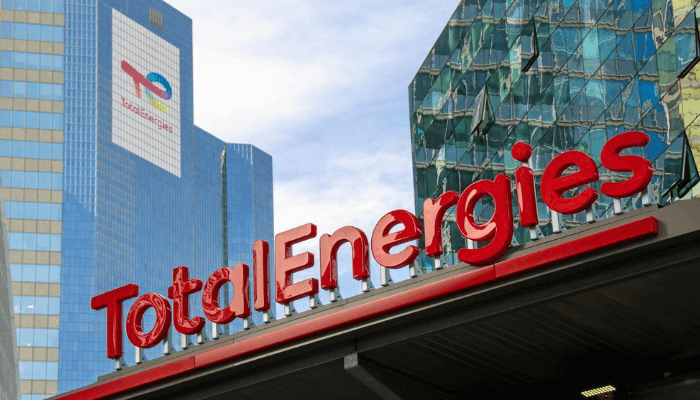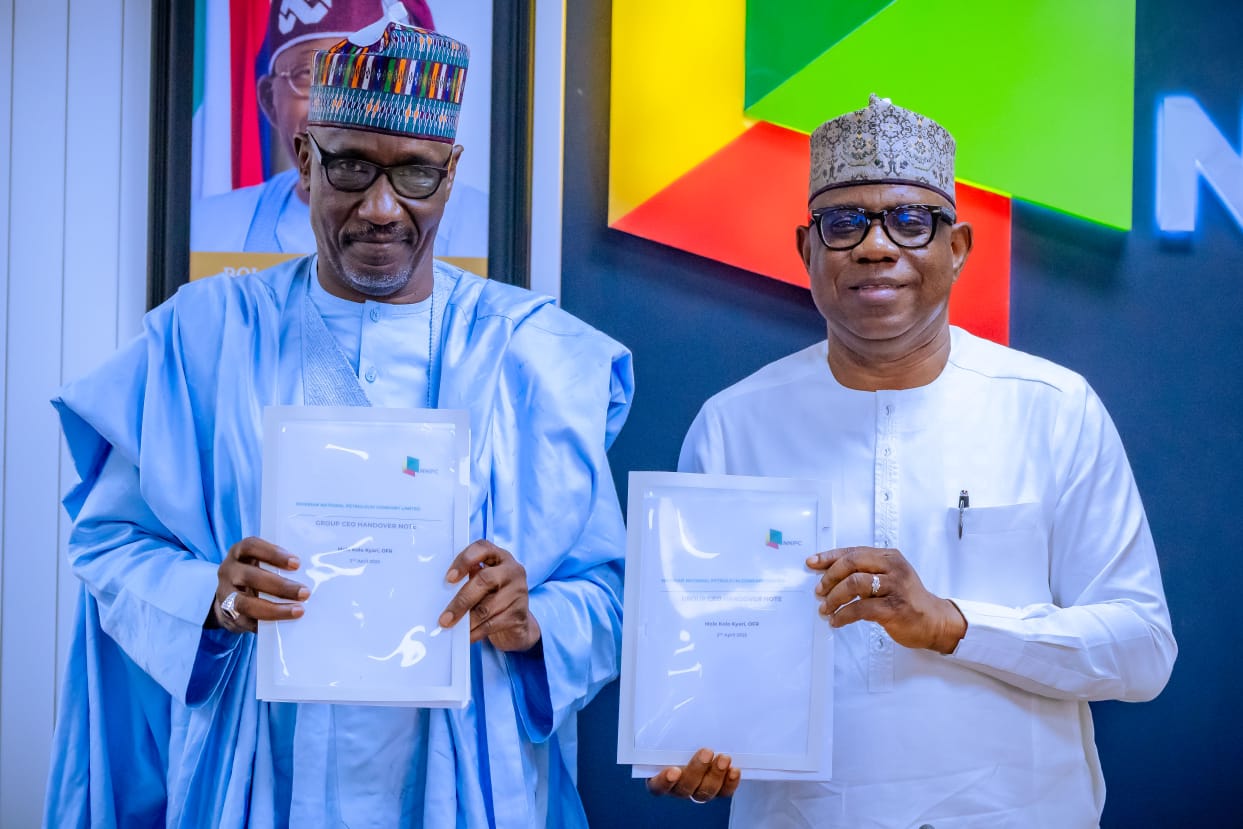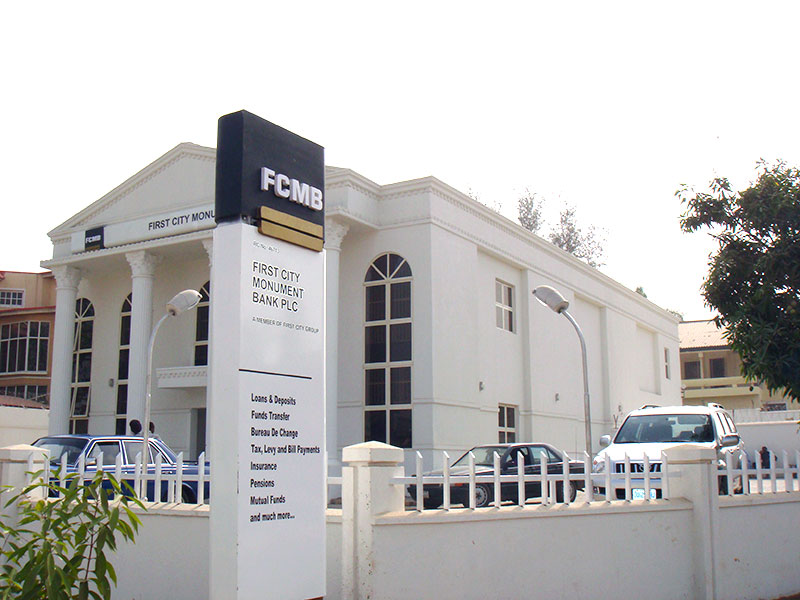*Government says suspects arrested
*Atiku blames killings across Nigeria on failed security architecture
Seriki Adinoyi in Jos and Adedayo Akinwale in Abuja
Death toll from the massive attacks launched on some communities in Bokkos Local Government Area (LGA) of Plateau State on Wednesday night has risen to 52.
This followed the recovery of more corpses by search teams after combing nearby bushes for missing persons.
Former Vice-President Atiku Abubakar blamed the killings on what he described as the failure of President Bola Tinubu’s security architecture, noting that killings had become widespread across the country with many incidents unreported.
Also, a former member of the House of Representatives from Plateau State, Dachung Bagos, called for concerted efforts to check the killings and condemned it as babaric. He however called in National Assembly to expedite action in creating community police to secure vulnerable places.
Gunmen had on Wednesday night attacked Mangor, Tamiso, Daffo, Manguna, Hurti, and Tadai communities of Bokkos LGA in which 10 were reported to have been killed.
Chairman, Bokkos Cultural Development Council (BCDC), Farmasum Fuddang confirmed the rise in the death toll yesterday.
He said aside from the 31 corpses that were given mass burial on Thursday night, five corpses of children killed were burnt to ashes at Hurti, while 11 other corpses were recovered from Ruwi village, four from Manguna village, and one from Dafo village.
Meanwhile, the Plateau State government has said some suspects have been arrested in connection with the killings.
The Commissioner of Information and Communication, Hon Joyce Ramnap, in a statement confirmed that some arrests have been made in connection with the attacks.
She said Governor Caleb Mutfwang and his administration remain fully committed to ensuring the safety and security of all Plateau residents.
The statement added that, “Security agencies have deployed to dominate the villages to ensure normalcy returns at the shortest possible time. Additionally, important arrests have been made by the security agencies and this will hopefully help in stemming the tide of this ugly situation.
“We strongly urge citizens to exercise restraint and refrain from taking the law into their own hands.”
She also called on residents to remain vigilant and report any suspicious activities to the relevant security agencies, adding that citizens must actively cooperate with law enforcement agents to facilitate the identification and apprehension of those responsible for the heinous acts.
She said that the Governor has deployed strategic measures to enhance intelligence gathering, surveillance, and rapid response mechanisms in collaboration with security operatives.
“In addition we call on religious, traditional, and community leaders to reinforce the message of peace, unity, and lawful engagement.
“Government remains resolute in its commitment to upholding law and order and will not relent in its pursuit of justice against those who seek to destabilize our communities.
“Residents are encouraged to remain law-abiding, support security efforts, and utilise official channels for security concerns.,”
Weighing in on the massacre, Atiku wrote: “The failure of Bola Tinubu’s security architecture has now become an endemic nationwide phenomenon with repeated killings, more of which do not even make the headlines.
“Nigerians are now being forced to get used to such news of wanton killings, and I again offer my condolences to the bereaved communities of Bokkos Local Government Area of Plateau State and the affected families.”
He urged Tinubu to reconfigure security architecture to meet the needs of protecting the lives and properties of Nigerians.
Also, commenting on the killings, a former member of the House of Representatives, Bagos condemned the killing of 12 persons by suspected herders in Bokkos local government area of Plateau state.
Bagos, who was the Chairman House Committee on Science and Technology, therefore, called on the National Assembly to expedite action on the creation of state police to enable state governments and local communities to take care of their security needs.
The former lawmaker in a statement issued by his Special Adviser on Media and Publicity, Dafwam Yaks urged local communities to unite in their efforts to protect one another.
He said: “Expressed deep sorrow and condemnation over the ongoing killings in Bokkos, particularly regarding the recent tragic attacks in Ruwi village, which resulted in the deaths of not less than 12 innocent individuals.
“Urge the federal government to intensify efforts to ensure the safety and security of citizens in Plateau state, acknowledging the urgent need for adequate policing and protection.
“He also called on the National Assembly to hasten the enactment of State Police Law to enable state government and local communities to take charge of its security.”
The former lawmaker also commiserated with the families affected by this senseless loss, which has left lasting scars on the community and beyond.






